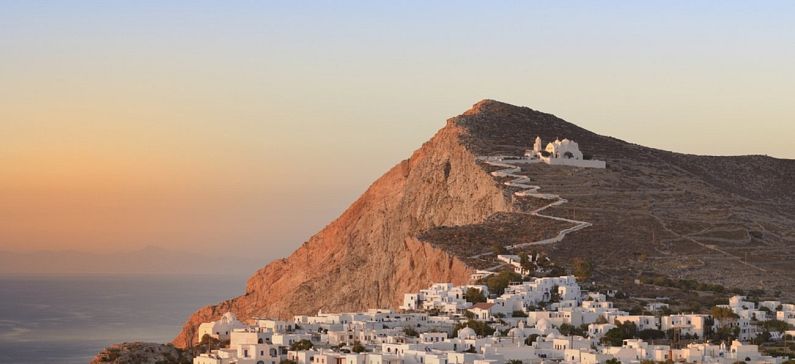
The Most Charmingly ‘Greek’ of All the Cyclades
The NY Times published a story entitled “The Most Charmingly ‘Greek’ of All the Cyclades“. The article is in the travel section and the writer is Helene Cooper, the Pentagon correspondent for The New York Times, where she shared a 2015 Pulitzer Prize for International Reporting for her work covering the Ebola crisis in West Africa. Helene thinks the most charmingly Greek island of all the Cyclades is Folegandros.
Read parts of the article below:
For the last seven years, a group of us has gone to Folegandros, Greece, in July for a weeklong girls’ trip. The annual rite has become our chance to erase our daily stress and focus on simple pleasures, passing time that will surely take shape later in life as memories of halcyon days. Eating, drinking and watching a boy learn to swim.
We had found Folegandros while looking for a rental in Crete, and none of the places we could afford had sunsets worthy of flying all the way over there. I wanted to perch on a porch and watch the sun set over the sea after a day spent frolicking in the water.
So I searched online for “fabulous sunsets in Greece” and stumbled upon Folegandros. Surrounded by piercing sunlight and azure waters, the 12-square-mile rocky island is the antithesis of Santorini and Mykonos.
It has no airport, which means no charters could come in, keeping the number of tourists to a manageable level. No cruise ships either, which preserves the laid-back, unhurried feel of the island’s three villages: Chora, the elevated main town; Karavostasi, the port; and Ano Meria, a village perched on top of a hill with ancient ruins and stone-lined crop plots that make you feel as if you’d stepped back 100 years. The island has only 700 residents year-round, though that number swells to around 3,000 in the summer.
When we arrived in Folegandros that first time in 2008, we were beside ourselves with glee; It stilled us when the daily grind of work threatened to overwhelm. I’ve bookmarked the hotel’s live cam, and its staggeringly gorgeous sunset vistas have helped me get through the days.
My trip there this summer took place amid enormous change just beyond those views. Greece was on the brink of a fiscal collapse, and newspaper and television reports of long queues of people at the A.T.M.’s were alarming. At the same time, there has been a surge of Syrians and other migrants seeking to make their way into Europe from the Turkish coast of the Aegean, some of them landing on Greek islands just a few hundred miles from Folegandros.
This speck of paradise that had for so long seemed a remote escape from the news suddenly didn’t seem quite so removed anymore. The urge to flee, indeed, felt decadent. But, having covered Washington and the Ebola outbreak in West Africa over the last year for The New York Times, I needed to blot out the world. My focus would be life, specifically the 5-year-old learning to keep his head above water.

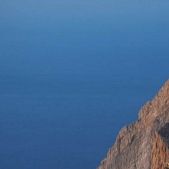
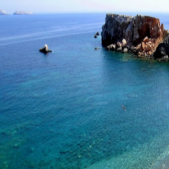
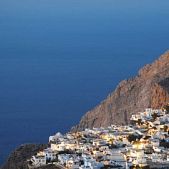
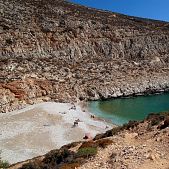
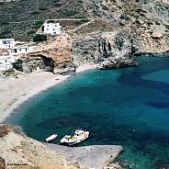
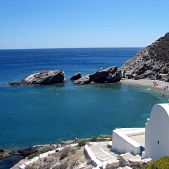







Αννα Κοντονη
-19/09/2015 10:59 pm
Μου αρεσει πολυ ο τίτλος σας
Ποτε θα ασχοληθούμε ώστε η Ελλαδα μας να ονομάζεται διεθνώς Hellas?